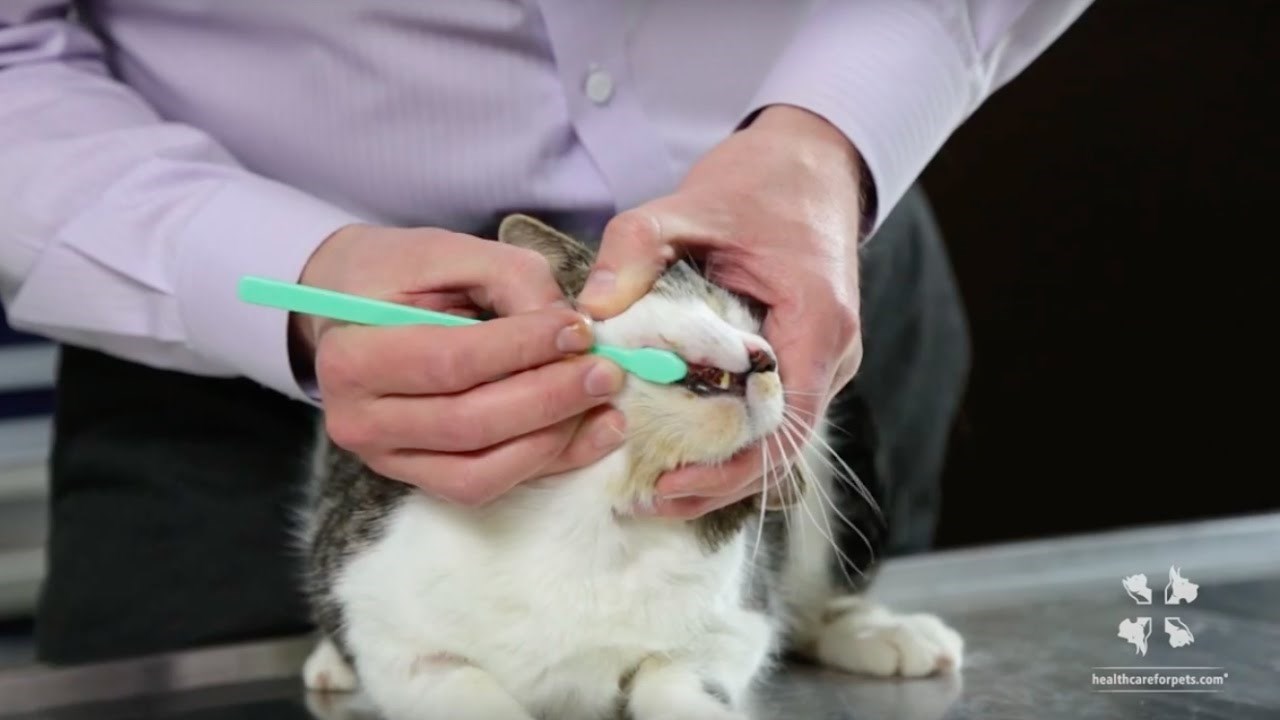PUPPY AND KITTEN TEETH
Puppies and kittens are born without visible teeth, just like human babies. At about four weeks of age, the puppy and kitten teeth start erupting and by ten weeks old they are all erupted. Puppies have 28 puppy teeth, also known as deciduous teeth. Kittens have 26 kitten or deciduous teeth. In both puppies and kittens, the deciduous teeth start to fall out around 4 months of age, when the adult teeth start coming in. The adult teeth finish erupting around 6-7 months of age.
Did you know? When the deciduous teeth fall out, often the animal will swallow them so you may not even find any around your home! Swallowing deciduous teeth does not cause any health concerns in animals.
How do I help my puppy or kitten while they are teething?
Many puppy and kitten owners find a teething pet is one that is constantly chewing on things they are not supposed to (shoes, pants, socks, hands, etc). Like human babies, puppies and kittens need to chew while their teeth are growing in. Provide your puppy or kitten with soft and flexible chew toys (ones that you can bend easily). These toys provide the best "give" so that they can safely chew them without breaking a tooth. If you find your pet is chewing on things they are not supposed to, the following steps should be taken. Firstly, interrupted your pet with a clap or loud noise to get their attention. Then redirect the chewing to a more appropriate chew source like the toy. Finally, give your pet praise, attention, and/or a treat when they are chewing the toy. Over time they will learn that the toys are what they are supposed to chew on. Remember that the teething continues until about 6-7 months of age when all the adult teeth have grown in!
What is a retained baby tooth?
A retained baby tooth is a baby tooth that has not resorbed or fallen out by the time the adult teeth grow in. The concern with these teeth is that they take the space of the adult tooth, which means that the adult tooth grows in an abnormal position. This results in crowding and/or malposition of the tooth, thus causing an abnormal bite. When baby teeth are retained in an adult, we often see excess tartar in the area due to the overcrowding. There is less room for saliva to circulate, which leads to a build up of food and debris, causing tartar development on the teeth. Malpositioned teeth can rub abnormally against other teeth, leading to enamel loss. If the malpositioned tooth points towards the roof of the mouth it can grow into the tissue, leading to pain and infections. The most common retained baby teeth we see at Kingsdale are the upper and lower canine teeth (the "fangs"). The best way to address retained deciduous teeth is to extract them at the time your puppy or kitten is under anesthesia for their spay or neuter. Here at Kingsdale we always do a teeth count when your puppy or kitten is under anesthesia for their spay or neuter. During this tooth count we are also looking for missing adult teeth, which may be unerupted (stuck in the jaw bone, unable to break through the surface of the gums).

Should I brush my puppy's or kitten's teeth?Yes! The ideal time to start brushing your puppy's or kitten's teeth is while they are still baby teeth. This gets them into the habit right away of good dental health. When your puppy or kitten is young, tooth brushing can be more fun and exciting, compared to trying to do it for the first time in an older animal. Remember to use pet toothpaste, not human toothpaste.
